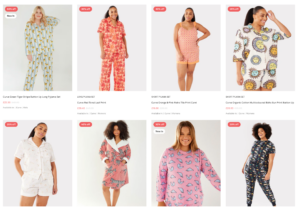Nearly half (47%) of consumers wouldn’t shop with an online retailer that charges for online returns, according to new research from product performance management (PPM) platform ROI Hunter.
The research, which surveyed 2,015 UK consumers, found that price is still the most important influencing factor in online purchasing decisions. As a result, even a small uplift could run the risk of putting shoppers off at a time when many have already changed their shopping habits just to make ends meet.
The findings are bad news for fashion giants like Zara that have introduced charges for online returns. And with ecommerce leaders like ASOS recently reporting reduced profits due to excessive returns, other retailers could soon follow suit.
Karel Schindler, CEO at ROI Hunter says: “Retailers charging for online returns run the risk of losing customers at a time when they need them most. The better way to curb the cost of returns is to reduce the number of returns happening in the first place through better use of product data to inform promotional planning.”
“As well as impacting profits, products with high returns tend to confuse the algorithms of giants like Google or Meta. Products are restocked with every return, yet many retailers are unwittingly doubling down on promoting products with high return rates because they have more engagement. By using SKU-level return-rate data to influence which products are promoted in dynamic campaigns, retailers can significantly reduce the amount of returns without charging consumers more,” Schindler adds.
It’s not just the pricing of returns where UK consumers are holding online retailers accountable; 38% say they will boycott a brand that serves them irrelevant ads, and nearly a third (31%) would stop shopping with a retailer who served them an insensitive ad. This sentiment is also felt heavily among retail marketers, with over half (57%) of UK retail marketers surveyed for the research fearing their brand will get cancelled if they get a digital ad wrong and 46% agreeing that ads are now subject to more creative scrutiny from consumers.
Despite the risks, 6 in 10 consumers say they have been served ads for irrelevant products, and 50% for out-of-stock items, indicating that many retailers are still wasting budget on ineffective advertising. With over half of retail marketers surveyed admitting to having to rely more heavily on discounting to stimulate consumer demand since the onset of the cost-of-living crisis, retailers need to find new ways to deliver more cost-effective and impactful campaigns via new methods of harnessing data.
To learn more, download the full report ‘The Retail Advertising Effectiveness Report 2022’ here.











